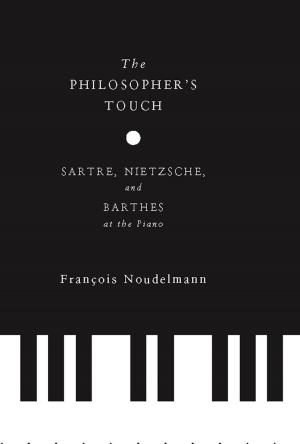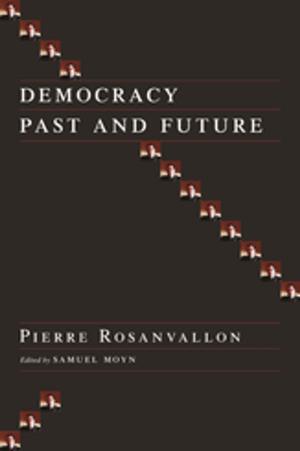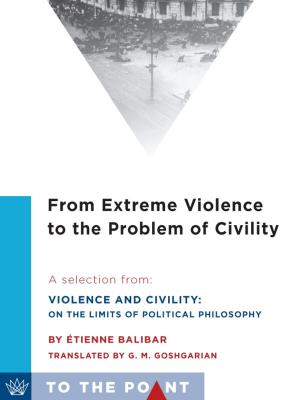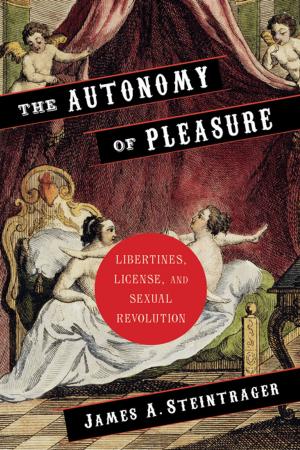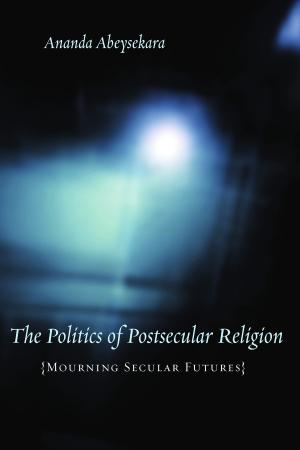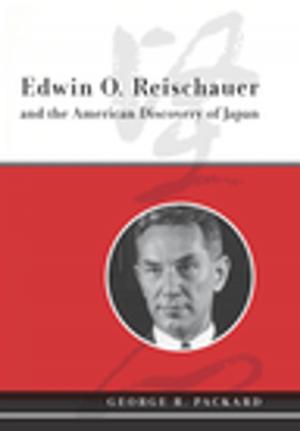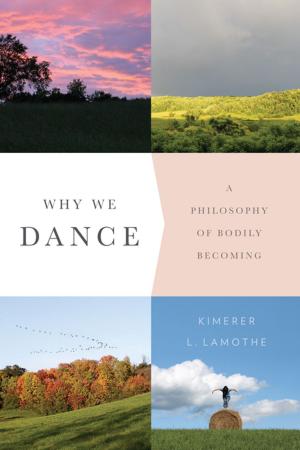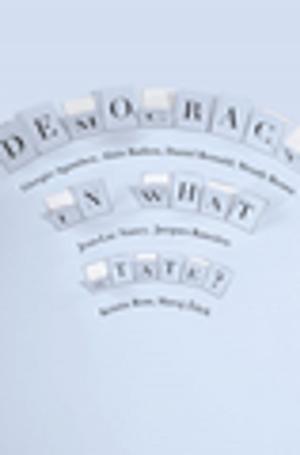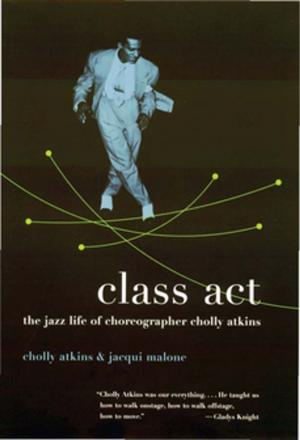Conservatives Against Capitalism
From the Industrial Revolution to Globalization
Nonfiction, Social & Cultural Studies, Political Science, Politics, Economic Policy, History, Americas, United States| Author: | Peter Kolozi | ISBN: | 9780231544610 |
| Publisher: | Columbia University Press | Publication: | August 8, 2017 |
| Imprint: | Columbia University Press | Language: | English |
| Author: | Peter Kolozi |
| ISBN: | 9780231544610 |
| Publisher: | Columbia University Press |
| Publication: | August 8, 2017 |
| Imprint: | Columbia University Press |
| Language: | English |
Few beliefs seem more fundamental to American conservatism than faith in the free market. Yet throughout American history, many of the major conservative intellectual and political figures have harbored deep misgivings about the unfettered market and its disruption of traditional values, hierarchies, and communities. In Conservatives Against Capitalism, Peter Kolozi traces the history of conservative skepticism about the influence of capitalism on politics, culture, and society.
Kolozi discusses conservative critiques of capitalism—from its threat to the Southern way of life to its emasculating effects on American society to the dangers of free trade—considering the positions of a wide-ranging set of individuals, including John Calhoun, Theodore Roosevelt, Russell Kirk, Irving Kristol, and Patrick J. Buchanan. He examines the ways in which conservative thought went from outright opposition to capitalism to more muted critiques, ultimately reconciling itself to the workings and ethos of the market. By analyzing the unaddressed historical and present-day tensions between capitalism and conservative values, Kolozi shows that figures regarded as iconoclasts belong to a coherent tradition, and he creates a vital new understanding of the American conservative pantheon.
Few beliefs seem more fundamental to American conservatism than faith in the free market. Yet throughout American history, many of the major conservative intellectual and political figures have harbored deep misgivings about the unfettered market and its disruption of traditional values, hierarchies, and communities. In Conservatives Against Capitalism, Peter Kolozi traces the history of conservative skepticism about the influence of capitalism on politics, culture, and society.
Kolozi discusses conservative critiques of capitalism—from its threat to the Southern way of life to its emasculating effects on American society to the dangers of free trade—considering the positions of a wide-ranging set of individuals, including John Calhoun, Theodore Roosevelt, Russell Kirk, Irving Kristol, and Patrick J. Buchanan. He examines the ways in which conservative thought went from outright opposition to capitalism to more muted critiques, ultimately reconciling itself to the workings and ethos of the market. By analyzing the unaddressed historical and present-day tensions between capitalism and conservative values, Kolozi shows that figures regarded as iconoclasts belong to a coherent tradition, and he creates a vital new understanding of the American conservative pantheon.


